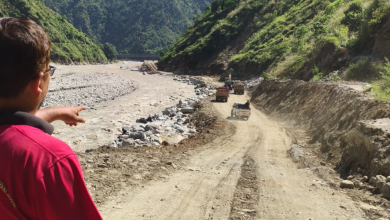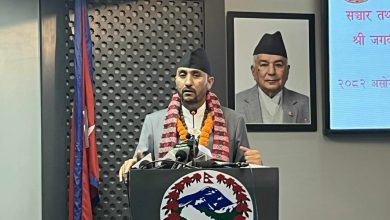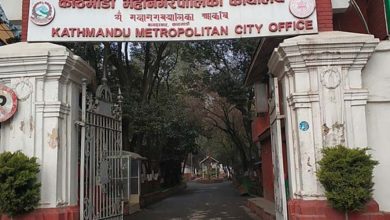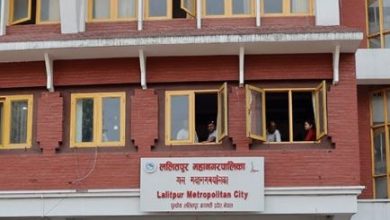Inaugural Nepal Snake Festival concludes in Kawasoti

August 21, Kathmandu: The inaugural ‘Nepal Snake Festival’ has been organized in Kawasoti, Nawalpur to coincide with the occasion of Naag Panchami. The two-day event was organized with a singular objective: to mitigate the escalating human-snake conflicts and safeguard the delicate balance of these enigmatic creatures in the ecosystem.
Notable figures in snake conservation, led by Kamal Devkota, spearheaded the initiative, marking a significant milestone in Nepal’s conservation efforts. The event was held under the joint auspices of the Nepal Toxinology Association, the District Division Forest Office Nawalpur, Health Office Nawalpur, Nepal Red Cross Society, and Madhyabindu Multiple Campus.
The festival served as a comprehensive platform for disseminating invaluable insights into snakes, their bites, and effective protective measures.
Given the surge in snakebite incidents during summers in the Terai region, this gathering was more than a mere celebration; it was a critical education initiative aimed at saving lives.
The lack of prompt treatment for snakebites has, unfortunately, resulted in tragic fatalities. Recognizing the pivotal role snakes play in the intricate web of the ecological system, Kamal Devkota asserted, “Snakes are integral to the fabric of our planet, just like humans.”
Dr Chabilal Thapa, the focal person for Snake Bite Management, dispelled prevalent misconceptions surrounding snakes. He highlighted that only a meagre 20 per cent of snake species are venomous, while the remaining 80 per cent are harmless.
Dr Thapa’s said there was a need for calm in the event of a snakebite stating “Panicking is unwarranted; being bitten by a snake does not equate to death.” The festival offered a vital platform to debunk widespread misinformation, as many have tragically lost their lives due to an acute lack of understanding concerning snakes and their bites.
Inaugurating a new chapter in conservation awareness, the ‘Nepal Snake Festival’ has not only bridged the gap between humans and these often-misunderstood creatures but has also sown the seeds of harmony and coexistence within Nepal’s rich biodiversity. The inaugural event sets a promising precedent for future conservation initiatives aimed at nurturing the delicate balance of the ecosystem.








Comments